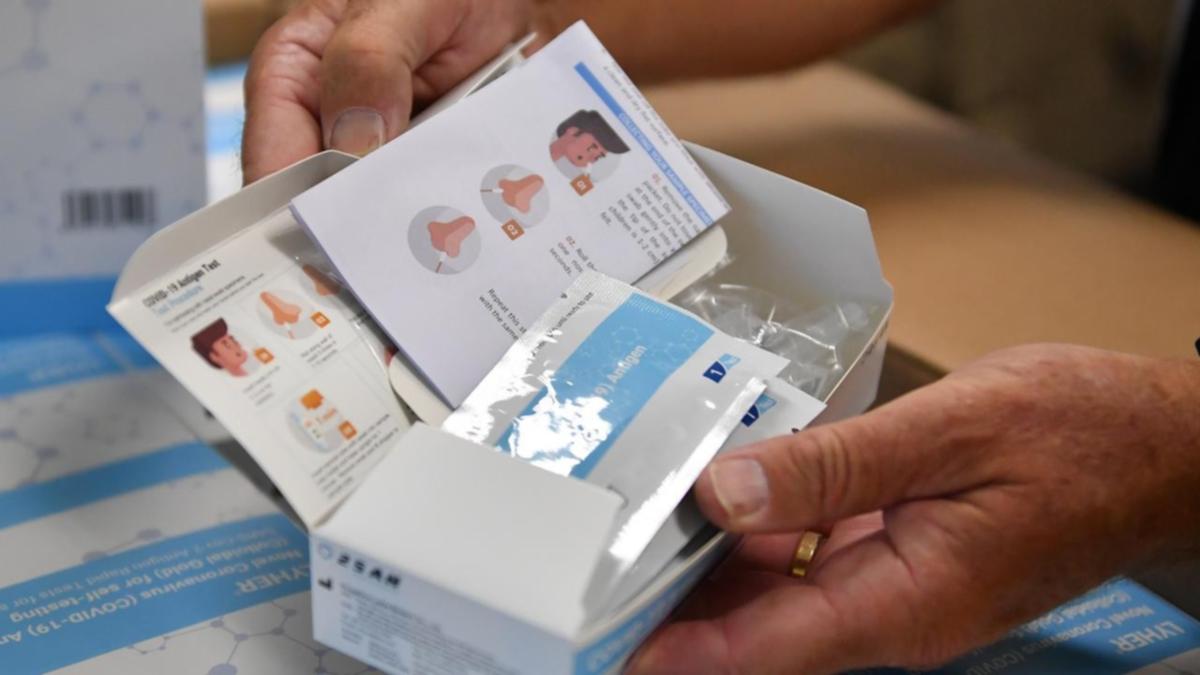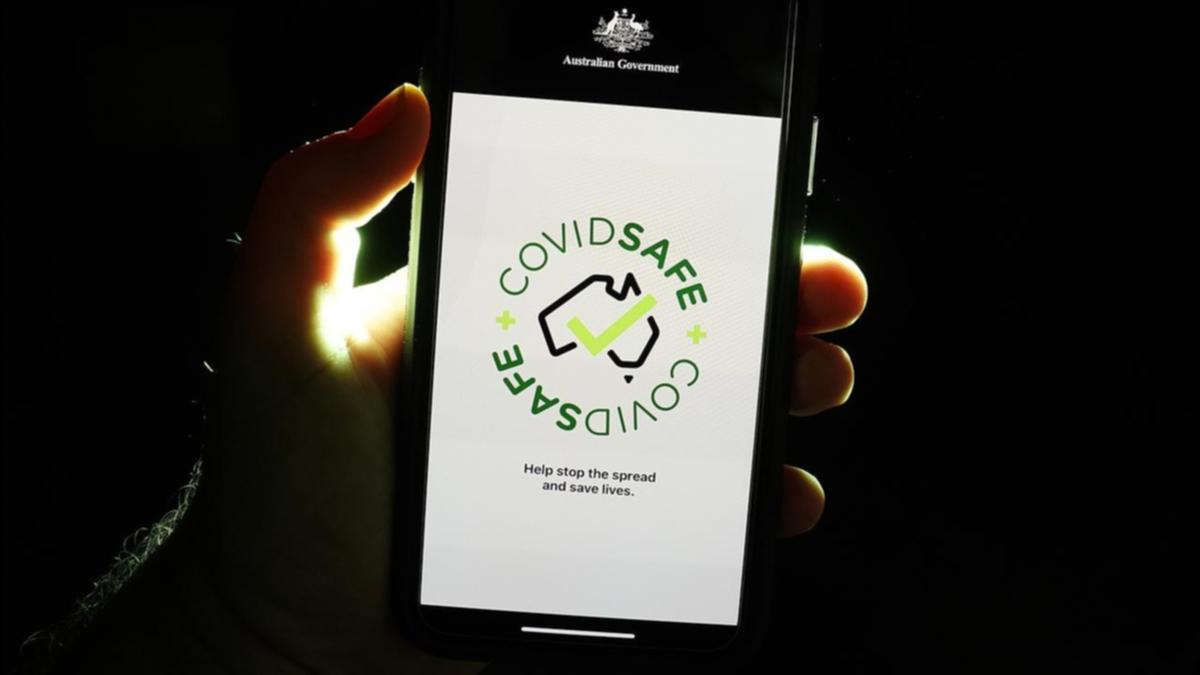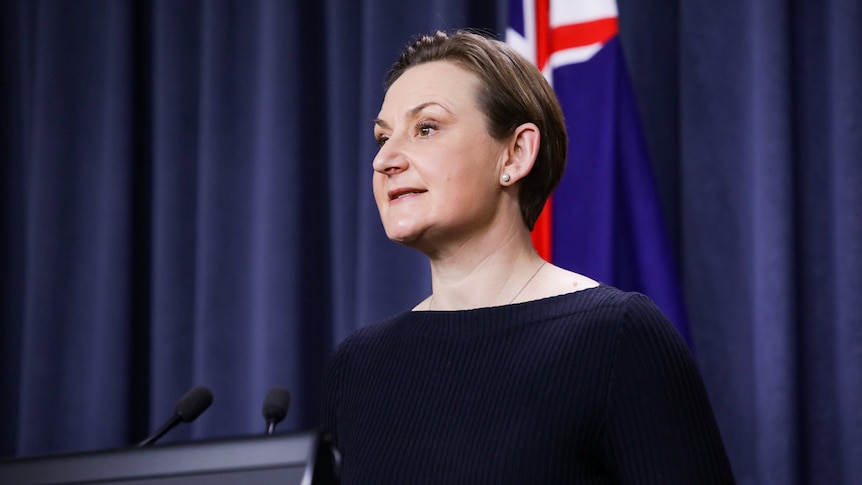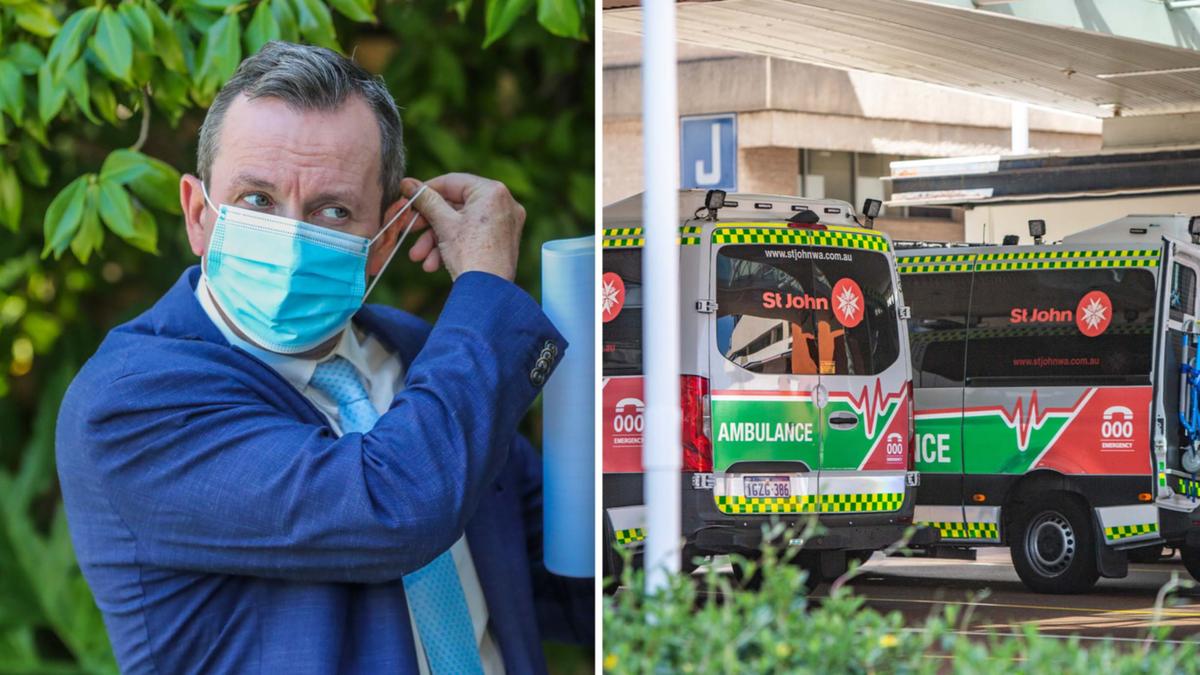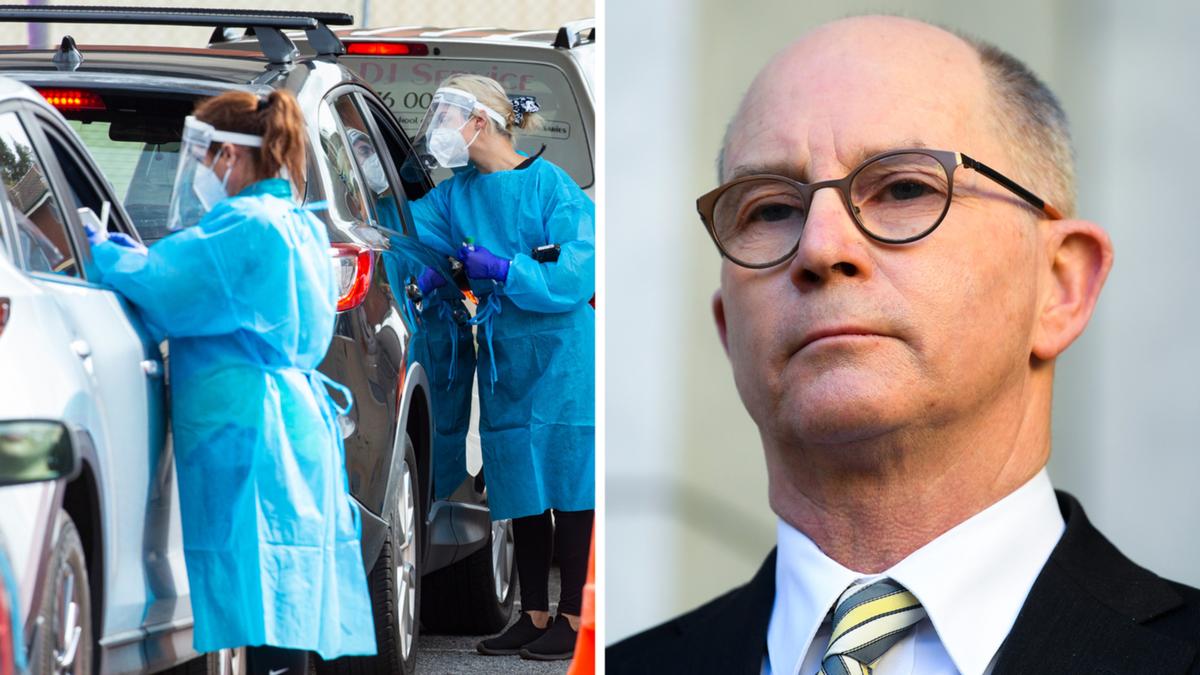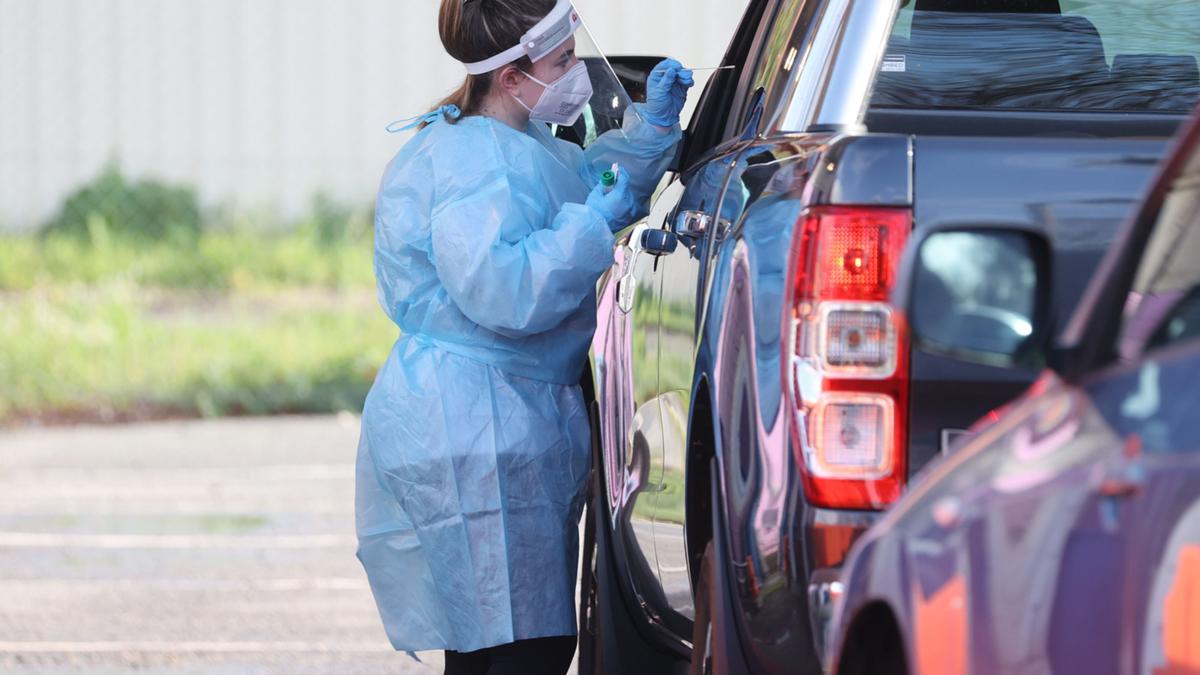The McGowan Government’s much-vaunted purchase of more than 110 million rapid antigen tests at a cost of almost $600 million is being probed by WA’s Auditor General Caroline Spencer.
The probe comes amid calls for some of the more than 62 million RATs still in the State stockpile to be donated overseas or sold to other States before they reach their expiration date.
Nationals MP Martin Aldridge said WA households had reached a RATs “saturation point”, with constituents refusing to take anymore because they were running out space to store the self-test kits.
He said the 110 million tests ordered over the summer by the departments of Finance and Health ahead of WA’s border opening was “excessive” and equaled to 40 RATs for every man, woman and child.
“The Government should rethink its strategy about what to do with its remaining supplies as they do have a limited life,” Mr Aldridge said.
“We do not know how individual tests will respond to future variants of concern. We will see in time whether they remain effective or whether we end up dumping them into landfill.
“There may well be other jurisdictions or neighboring countries that we could play a role in supporting their COVID-19 response using some of the significant stockpile that we have hoarded in WA, which we are unlikely to use.”
Ms Spencer confirmed her team was examining RATs procurement as part of its annual financial audit of State entities, a standard approach with high-value transactions.

Given the large amount of money spent, it was highly likely any notable findings would be publicly reported in detail in the Auditor General’s annual results report, she said.
A Government spokeswoman said it had distributed more than 48 million RATs since February and this week it was announced another 21.4 million would be given away.
She said the Federal Government had covered half of the cost and Mark McGowan had previously offered at the National Cabinet to provide some of WA’s stockpile to other States.
“Early testing and isolation remains an important step in protecting vulnerable people from COVID-19 and using a RAT after exposure has been shown to reduce the risk of spreading COVID-19 by 53 per cent,” she said.
“When the challenges of the Omicron outbreak became apparent last year, we acted quickly to ensure WA had an adequate supply of RATs amid global supply shortages, while other states and territories saw their PCR testing clinics overwhelmed by demand.”
.
